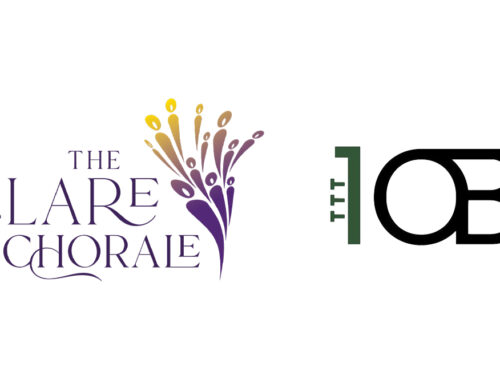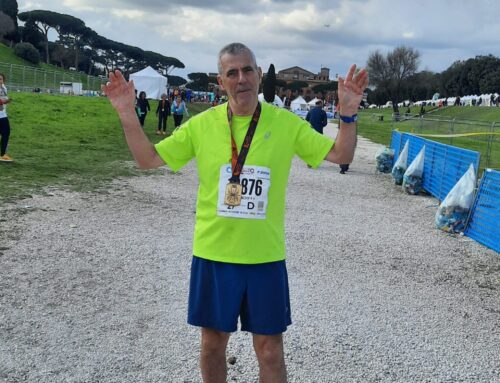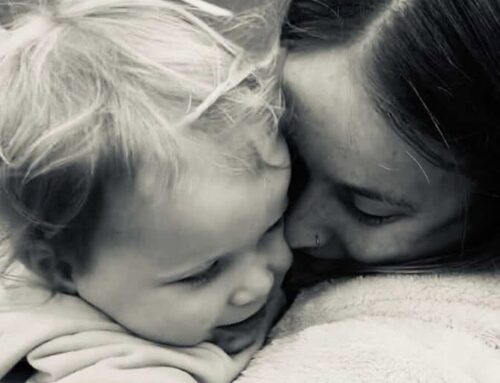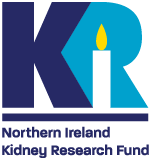Why NIKRF Supports Rare Kidney Diseases
A rare disease is defined as affecting 1 in every 2,000 people.
In Northern Ireland, at least 1 in 17 people is living with a rare disease. That’s over 110,000 people, the equivalent of the entire populations of Derry/Londonderry and Newry combined.
Many causes of Chronic Kidney Disease (CKD) are rare.
- More than half of all children receiving kidney replacement therapy have a rare kidney disease.
- Over a quarter of adults receiving kidney replacement therapy live with a rare kidney disease.
- Rare kidney conditions often lead to kidney failure earlier than more common causes of CKD.
Most childhood kidney diseases are RARE. Children with rare kidney conditions are more likely to face additional health complications, live in disadvantaged areas, and have reduced access to life-saving pre-emptive kidney transplants.
Not much is known about many types of rare kidney disease.
There is NO CURE or approved treatment for more than 95% of rare diseases
Greater research and support are urgently needed.
Patient Journey – Bella-Rosè Moran
Born with Renal Hepatic Pancreatic Dysplasia Type 1
Renal-Hepatic-Pancreatic Dysplasia Type 1 is a very rare illness that affects three important parts of the body:
- The kidneys
- The liver
- The pancreas
Kidneys are usually the most seriously affected.
What happens?
The kidneys don’t grow the way they should before a baby is born. They might be the wrong shape, too small, or have little sacs of fluid called cysts. Because of this, the kidneys can’t do their job properly, which can be very dangerous.
Since the kidneys help control the amount of fluid around a baby before birth, if they don’t work right, there might not be enough fluid in the womb. That makes it hard for the baby’s lungs to grow, too.
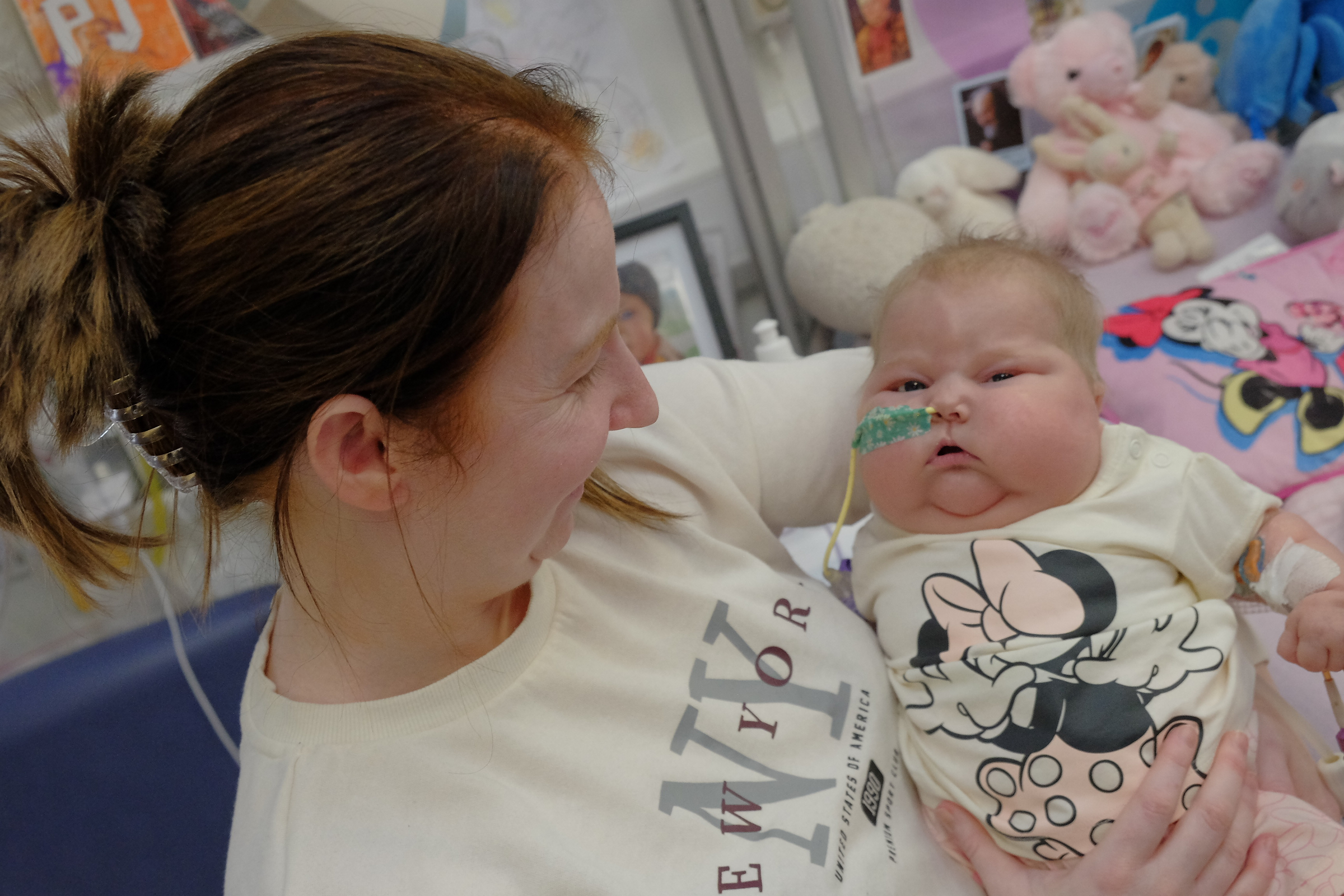
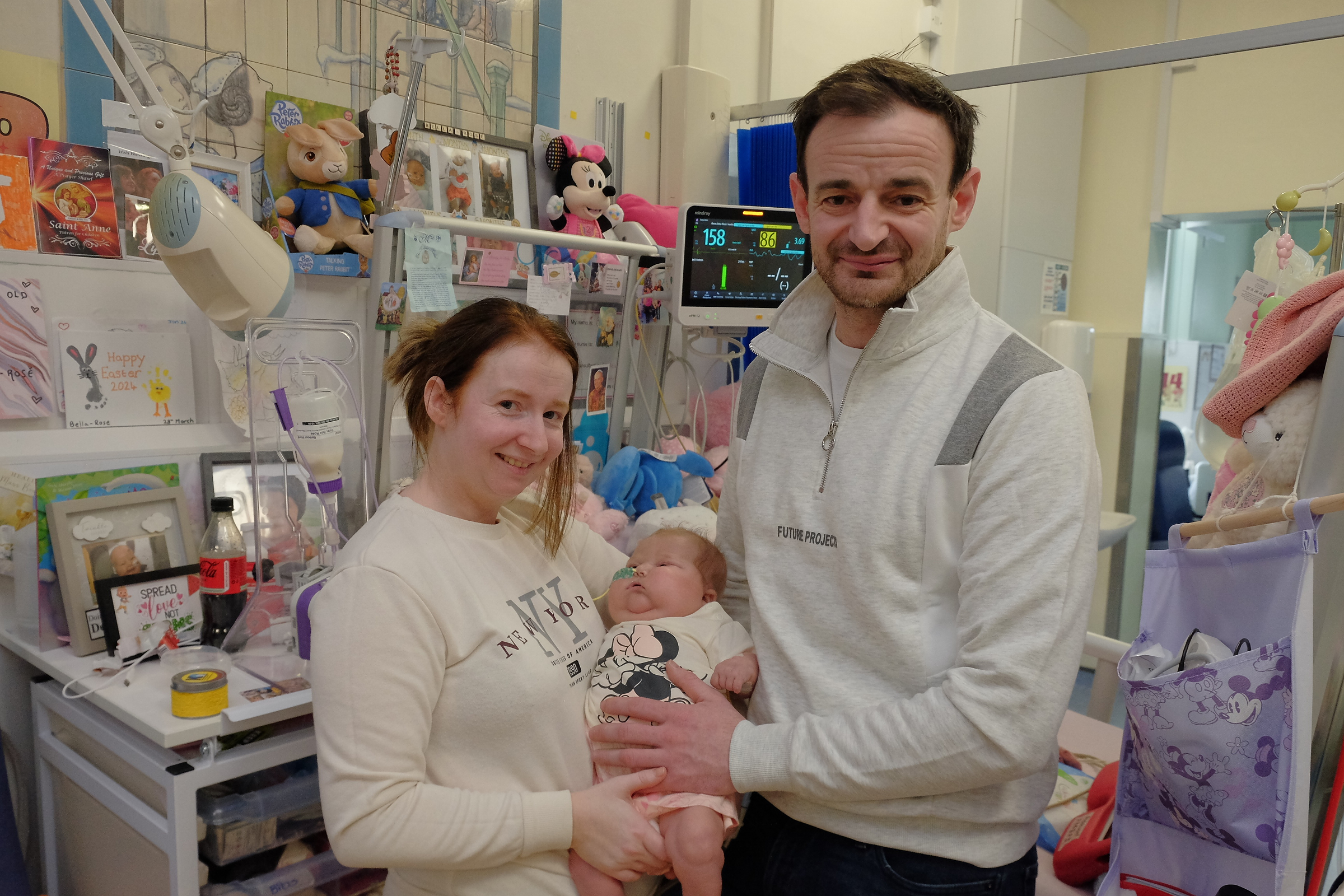
Why does it happen?
This illness is caused by a change (mutation) in a gene that both parents usually carry without knowing it. It helps cells grow and work properly. If a baby gets the changed gene from both parents, they can develop this illness.
What does it look like?
- Kidneys are damaged or not formed correctly
- Liver and pancreas may also not work well
- Babies usually get very sick before or right after they’re born
- Sadly, most babies with this condition don’t survive for long after birth
Can it be fixed?
Right now, there is no cure. Doctors can try to help with breathing and other problems, but because the kidneys and other organs are so badly affected, it’s very hard to treat.
Role of NIKRF in Rare Kidney Disease
Rare kidney diseases affect more than 110,000 people across Northern Ireland, yet diagnosis, treatment, and support remain limited. At NIKRF, we are committed to changing this through:
- Research & Development
We fund cutting-edge research to better understand rare kidney diseases — how they develop, what causes them, and how they can be prevented, treated or cured. - Patient Advocacy
We raise awareness and advocate for better healthcare policies. NIKRF funded researchers have written guidelines and driven advances in patient care for kidney diseases. - Faster & Better Diagnosis
With over 150 rare kidney conditions, diagnosis of kidney disease is often delayed with limited treatment options. NIKRF are helping to maximise participation for NI in a new Life Arc collaboration to develop better diagnostic tools, promote advanced genetic testing, increase access to new medicines, get access to clinical research and access clinical trials for children with rare kidney diseases. This means rare kidney diseases can be detected earlier and helps get medicines to children who need them. - Understanding Disease Progression
We know very little about how rare kidney conditions will progress: NIKRF funds research that helps the kidney community better understand what causes rare kidney conditions and how they will develop for each person. We are working with researchers to help understand who is most at risk of developing kidney failure and support more personalised treatment options in the future. - Breaking Down Silos
NIKRF funds state-of-the-art collaborative research across Northern Ireland — uniting doctors, nurses, scientists, analysts, policy makers and many more stakeholders to help accelerate progress. We also invest in training the next generation of kidney researchers and healthcare professionals – essential for helping the NI kidney community secure access to specialist diagnosis, treatment and care. - Patients & Family Support
We are helping to develop an online support tool for carers of people with a rare disease, putting people in touch with each other for peer support and enabling people with kidney disease and their families to participate in rare kidney disease research.
We are supporting increased education and raising awareness of rare kidney conditions across the UK and Ireland through engagement with the Rare Disease All-Ireland Interdisciplinary Research Network. (RAIN)
Together, we are working to give every person with a rare kidney disease the best chance of early diagnosis, access to treatment, and hope for the future.
How Your Donations Contribute
- Funding Research Projects: Donations provide critical financial support for research into rare kidney diseases, which often receive less funding than more common illnesses.
- Developing Treatments: Help fund clinical trials and the development of new therapies, which can be expensive and lengthy processes.
- Raising Awareness: Funds help organize campaigns, events, and outreach to educate the public and policymakers.
Prognosis
Most affected infants die shortly after birth.
Bella-Rosè’s kidneys and spleen were covered with cysts.
She survived for 7 months
If you would like to help us find cures for kidney disease please donate…
https://www.peoplesfundraising.com/donation/northern-ireland-kidney-research-fund Ref is Bella-Rosè



